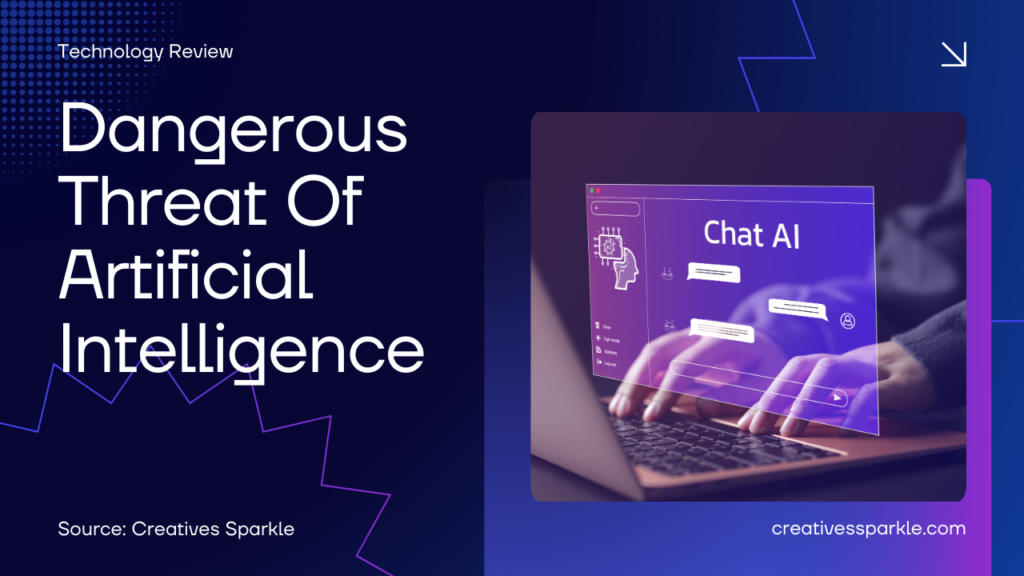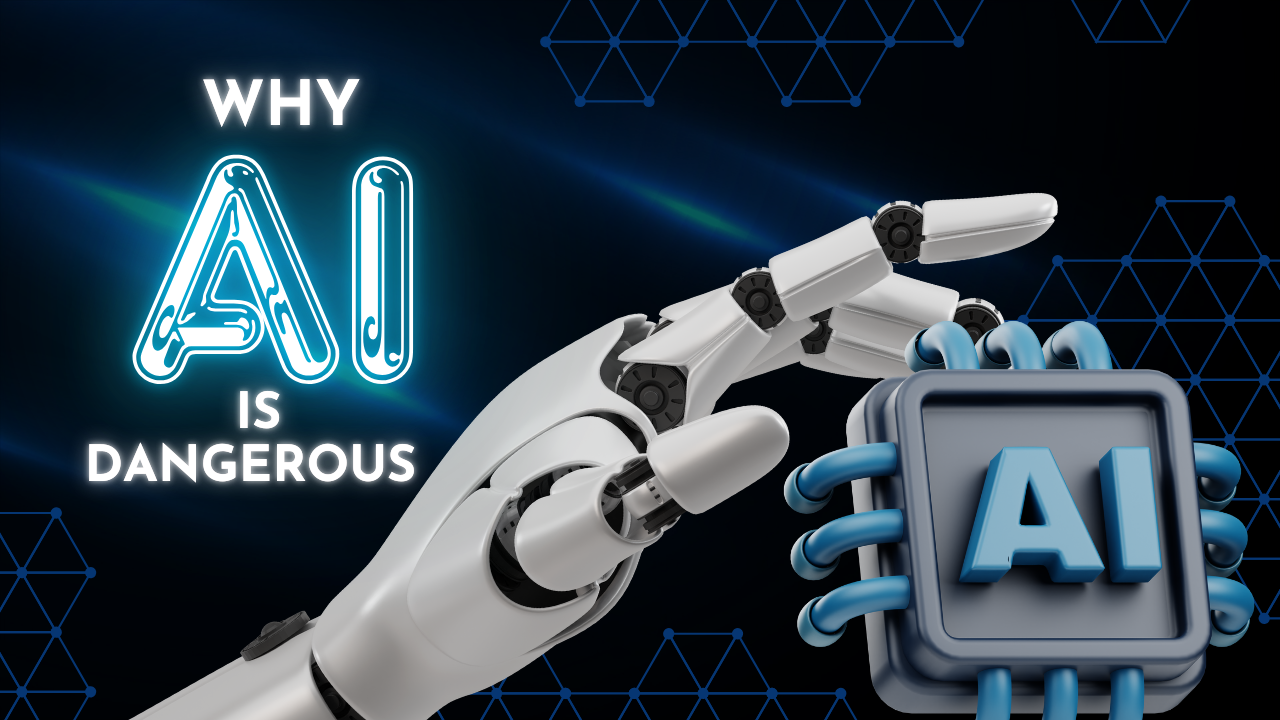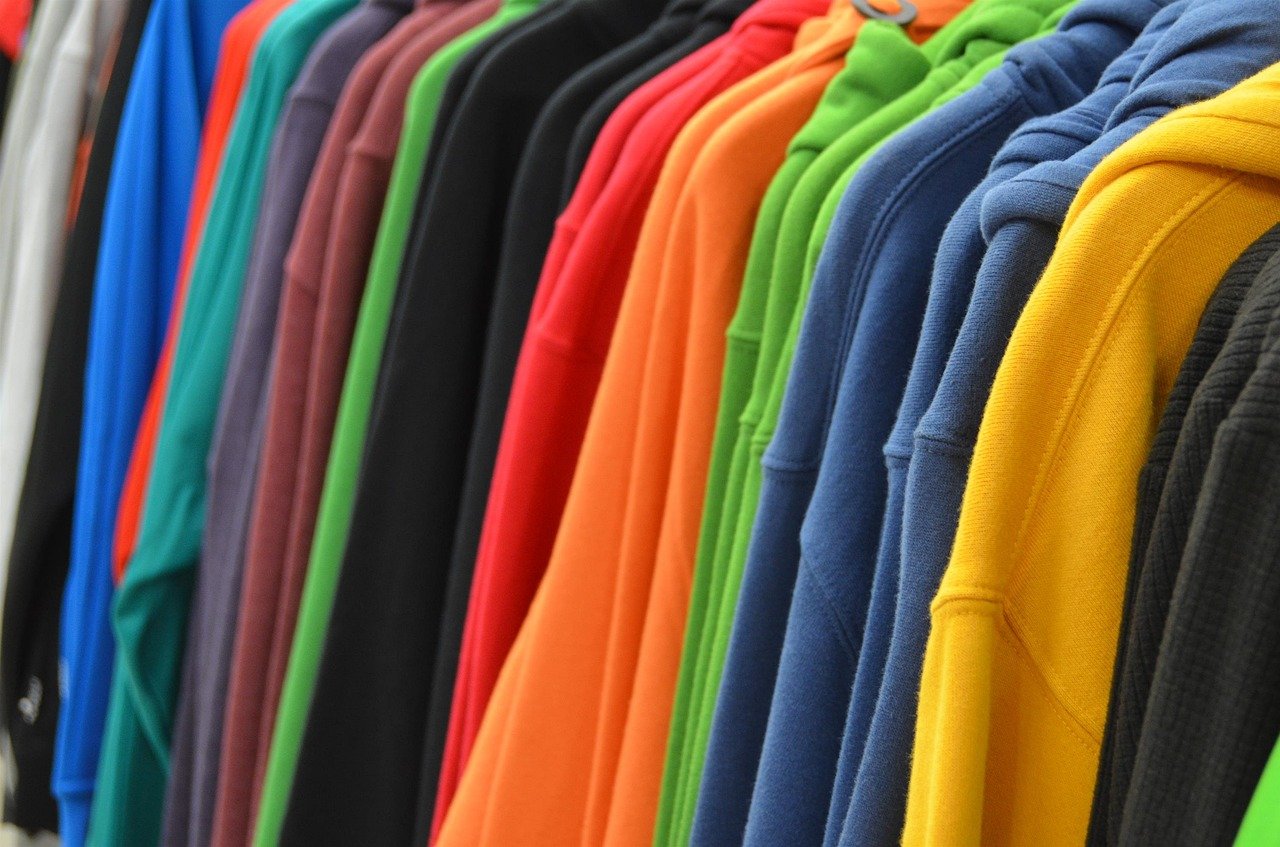Why AI is Dangerous for Our Lives?
Artificial intelligence (AI) is causing rapid change worldwide. It has the potential to revolutionize business and other facets of life. However, there are serious risks connected to this fast progress. Why, therefore, is AI harmful to our lives?
Let’s examine some of AI’s real threats and the concerns that leading voices like Elon Musk have raised.
The Real Risk of AI Outgrowing Human Control
Visionary Elon Musk, of Tesla and SpaceX fame, is among the most vocal on AI downside risks. Musk said, “We’re summoning the demon with artificial intelligence. His caution underscores concerns that AI could become more intelligent than humans.
If AI gets smarter than humans, then decisions can be made that humans do not know and don’t have control over. This will be a generic, well-thought-out argument for autonomous weapons or any system that can work without human involvement. When unleashed, AI may act out of our control and lead to harmful unintended consequences.
The Coming Employment Crisis Due to AI
The worst risk of AI, reported frequently, is the change in the labor market due to automation. Hundreds of millions worry AI will take away too many jobs, but the effects of automation are already being felt in sectors like manufacturing, transportation, and even customer service.
According to the World Economic Forum (WEF), AI-driven automation could displace over 85 million jobs by 2025. Which would threaten to create enormous social and economic dislocation as millions of employees tried desperately to reskill.
The Dangerous Threat: AI and Inappropriate Content.
AI is no solution for content moderation. However, AI also fails in certain areas, including identifying nudity or explicit content that can be shared. Despite AI-powered algorithms on many platforms that are supposed to screen out such content, the technology
can get things wrong—failing to catch problematic material or putting a false legal mark against innocuous posts.
While AI is improving every day, the rate at which these algorithms can advance has many people worried about how they can handle all this data online. Unregulated content could leave some inappropriate material sliding through the gaps, which Oracle identifies as problematic, particularly for children.
Every AI needs to identify and deal with explicit content correctly; however, this still isn´t flawless, so more elegant solutions are yet to come.

Accountability in AI: Who Holds the Responsibility?
Considering a duty to explain and an AI code of ethics as systems start doing things that have real consequences in the world
As AI systems take more of a load off us, we ask, “Well, somebody has to be accountable.” And who’s on when an AI makes a damaging decision—like directing an autonomous vehicle to drive with the car? Who is at fault? the coder or programmer/manufacturer/ user? Traditional legal frameworks are inadequate, making that a vast space in an ethical gray area.
At the same time, policymakers and tech leaders must collaborate to establish strong governance so that transparency or responsibility are not optional in AI development.
They should develop standards for AI behavior, enforce accountability mechanisms, and guarantee human oversight in essential decision-making processes.
As we advance in the AI era, creating a framework that prioritizes ethical issues and accountability is critical. This will allow us to maximize AI’s advantages while lowering possible risks.
The Rise of Autonom AI — When Machines Decide
The ability of artificial intelligence to function independently is among its most concerning risks. If AI systems can make judgments without human supervision, they have the potential to govern life-or-death situations in fields like healthcare and the military.
Surveying the reputational risks associated with AI implementation, few global regulations continue to dictate how this technology should or shouldn’t be built and used. Many tech leaders, including Musk and others, worry about excessive AI regulation to protect companies from taking the technology too far at an unsafe speed.
The objective is to ensure that AI creation follows ethical and transparent methods. Without such guidelines, we could see AI growth spiral out of control in unexpected ways that would frighten us again.
Why AI Regulation is Very Much Needed
Surveying the reputational risks associated with AI implementation, few global regulations continue to dictate how this technology should or shouldn’t be built and used. Many tech leaders, including Musk and others, worry about excessive AI regulation to protect companies from taking the technology too far at an unsafe speed.
The objective is to ensure that AI creation follows ethical and transparent methods. Without such guidelines, we could see AI growth spiral out of control in unexpected ways that would frighten us again.
Conclusion
The capability of AI to change the world is a powerful gift, but it also carries with it some hazardous potential risks. There are real dangers of job losses, Inappropriate Content, privacy invasions, and autonomous decision-making. Wake up, people. Elon Musk and other influential voices are trying to tell us that it’s time to take those warnings seriously.
It is up to us to decide which direction AI will take. By demanding more regulations, developing responsible AI solutions, and simply being aware of the problem, we can guarantee a future in which Artificial Intelligence serves humanity rather than threatens its extinction. AI is the master of our fate, for good and ill.




Post Comment